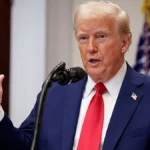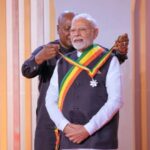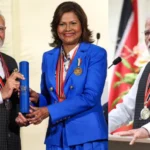
- A joint parliamentary committee has been formed to examine bills proposing simultaneous elections for Lok Sabha and state assemblies.
- Representatives include prominent leaders like Priyanka Gandhi, Manish Tewari, and Shrikant Shinde, along with members from several political parties.
- The government defends the move, saying it will reduce costs and boost development, while opposition parties criticize it as a challenge to federalism.
What’s the Purpose of this Committee?
Why are simultaneous elections being debated?
The committee, comprising 21 Lok Sabha members and 10 Rajya Sabha members, will evaluate the feasibility of conducting Lok Sabha and state elections at the same time. This proposal is tied to two new bills, including a constitutional amendment introduced in the Lok Sabha.
Prominent leaders from different political parties are expected to join, such as Priyanka Gandhi Vadra and Manish Tewari from Congress, Kalyan Banerjee from TMC, and Shrikant Shinde of Shiv Sena. The BJP, holding the largest share of nominees, may include Ravi Shankar Prasad, Anurag Thakur, and others. Once finalized by the Lok Sabha Speaker, the committee will begin its crucial discussions under an appointed chairperson.
Why Is This Important for India?
The idea of “One Nation, One Election” aims to synchronize election cycles to save resources and time. According to the government and its allies, frequent elections interrupt governance and escalate costs, affecting the progress of developmental projects. Supporters believe a unified election process will streamline policymaking and governance.
However, opposition parties, including Congress and DMK, argue that such reforms undermine the country’s federal structure, where states have autonomy. Critics worry that simultaneous elections might overshadow local issues in favor of national concerns, thus weakening democracy.
The Way Forward
The bills have sparked intense debates, with varied opinions on whether this reform benefits the nation or threatens its democratic fabric. As the committee deliberates, the future of “One Nation, One Election” depends on finding common ground among India’s political stakeholders. The outcome could lead to one of the most significant electoral reforms in Indian history or further deepen the divide on how democracy is practiced in the country.
What do you think: could this step truly unify India’s election system, or does it risk reducing the voice of regional governance?




































Leave a Reply